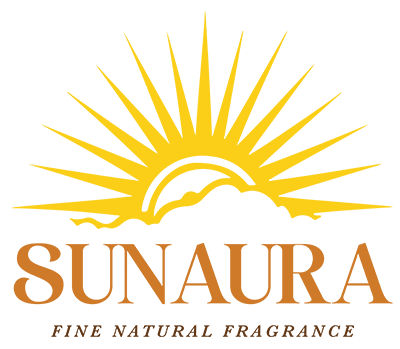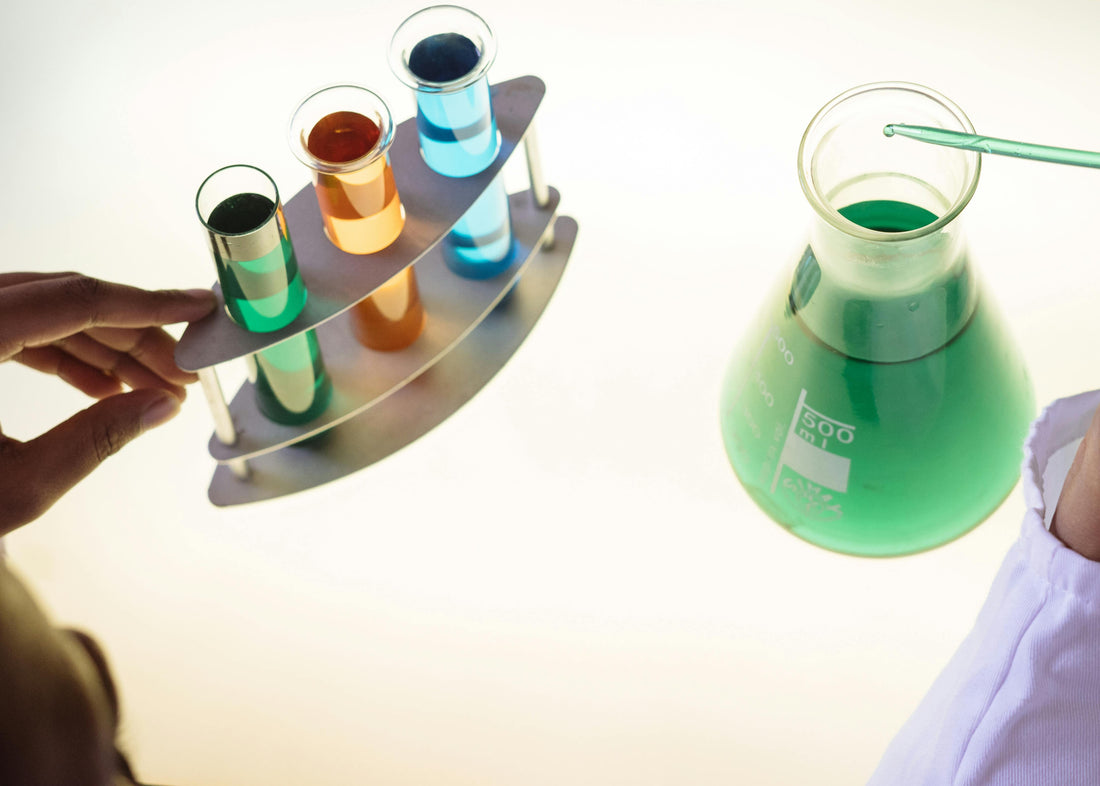Did you know that a handful of corporations own the majority of products on your store shelves?
Unfortunately, their primary focus tends to be profit margins rather than your health.
This often results in the use of synthetic versions of "natural" materials, leading to issues like inflammation, skin sensitivity, eczema, and hormonal disruptions.
In this guide, we are going to tell you the 12 toxic ingredients found in most hygiene products, so you can make informed decisions on what you allow to go onto your skin.
Your Skin: A Vital Organ: Your skin isn't just a barrier; it's your body's largest organ, absorbing everything it comes into contact with.
Every fragrance, lotion, or cologne you apply directly interacts with this vital organ. Taking control of your health means being informed about what you allow to be absorbed into your skin, leading to a truly special form of self-care.
#1 Phthalates
Phthalates, found in products like soaps and shampoos, are linked to health issues such as cancer, asthma, and allergies. They are often used in fragrances to bind and stabilize components. To kickstart your hygiene detox, eliminate phthalates from your daily life.
#2 Parabens:
Widespread in cosmetics and hygiene products, parabens mimic estrogen, potentially disrupting hormonal balance. Associated with reproductive concerns and breast cancer, parabens include varieties like Methylparaben and Ethylparaben. Evaluate and choose paraben-free alternatives for a healthier routine.
#3 Synthetic Musk:
Found in most colognes, synthetic musks pose environmental and health concerns. Bioaccumulation in organisms and potential endocrine-disrupting properties raise worries about their impact on the food chain and human health. Look out for nitro musks and polycyclic musks on ingredient labels.
#4 Formaldehyde:
Considered toxic in cosmetics, formaldehyde can be released into the air during use, leading to inhalation hazards and skin irritation. Be vigilant for formaldehyde-releasing compounds like DMDM hydantoin and Quaternium-15 on ingredient labels.
#5 Benzene Derivatives:
Benzene derivatives, such as Benzyl Alcohol and Benzyl Acetate, are known carcinogens that may increase cancer risks and cause respiratory issues. Be cautious of these ingredients commonly found in various personal care products.
#6 Ethanolamines:
Synthetic emulsifiers like DEA, MEA, and TEA, found in skincare, have been linked to skin irritation and potential cancer risks. Be mindful of these ingredients, especially if dealing with eczema or skin sensitivity.
#7 Artificial Colorants:
Banned in certain countries for use in food products, artificial colorants are often overlooked in cosmetics. Linked to organ damage, cancer, and allergic reactions, avoid colorings like Red 40 and Yellow 5 in skincare products.
#8 Synthetic Fixatives:
Synthetic fixatives in perfumes and shampoos can cause skin irritation, headaches, and dizziness. Opt for products with natural fixatives like Sandalwood and Cedarwood.
#9 Sulfates:
Common in face washes and shampoos, sulfates strip the skin of natural oils, leading to dryness and irritation. Choose sulfate-free alternatives for healthier skin.
#10 Acetone:
Found in cheap colognes and body sprays, Acetone can irritate the skin and cause respiratory distress. Be cautious of this chemical and its alternatives hidden under terms like "Solvents" or "Fragrance Ingredients."
#11 Synthetic Preservatives:
Ingredients like BHA, BHT, and Parabens can cause skin irritation and allergic reactions. Opt for products with natural preservatives to safeguard your skin.
#12 Petroleum-based Ingredients:
Commonly found in skincare, petroleum-based ingredients can clog pores and lead to skin irritation. Check labels for mineral oil and petrolatum and opt for natural alternatives.
Conclusion:
Taking control of your hygiene routine by eliminating these 12 toxic ingredients is a powerful step towards a healthier, more vibrant life. Make informed choices, prioritize your well-being, and embark on a journey to detoxify your skin and body.
You may be feeling like I felt when I first learned this. What SHOULD you be looking for? Luckily we gave written another article here outlining our favorite brands for non-toxic hygiene so you can start making steps towards a cleaner hygiene routine today!
If you want to keep receiving value packed blogs with tips and tricks to detoxing your life, sign up to our e-mail here- we promise we won't spam you :)

